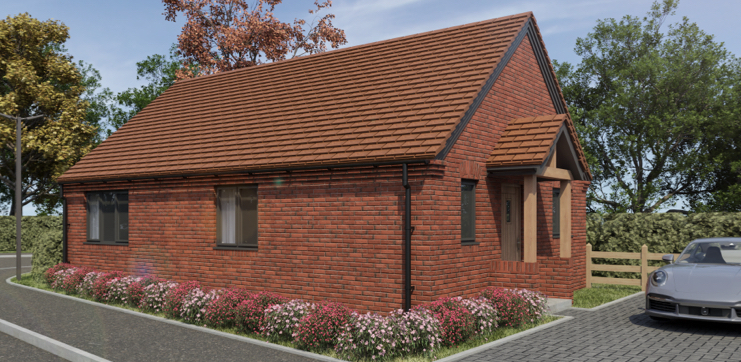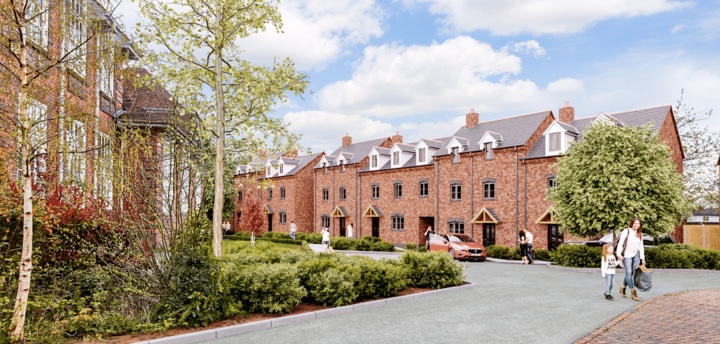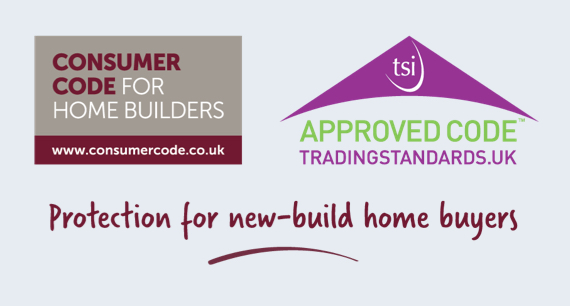First Time Buyer’s Guide
If you are a first time buyer, finding a suitable new home and financing the purchase may seem like an impossible task. The complexities of legal documents, large amounts of money and all the bureaucracy that surrounds anything to do with buying a house can be very daunting.
Study all the options for yourself so that you really understand what is involved.
Raising The Funds
The fact that more than half of Britain’s working population cannot afford to buy a home underlines the difficulties faced by first-time buyers trying to get on the property ladder. But there are some pluses to being a first-time buyer – interest rates are relatively low, lenders are competing strongly for your custom, and you won’t be part of a chain which will make you more appealing to home sellers.
How Much Can I Borrow?
Before you start visiting estate agents, you need to know how large a mortgage you can get – there’s no point searching for the house of your dreams if it’s out of your price range. Start by approaching several lenders and ask how much they will let you borrow, which will normally be based on the size of your deposit and how much you earn. Lenders are usually prepared to lend you around three times your annual earnings, or if you are buying as a couple, this rises to three times the first income plus the second income, or two and a half times your joint income.
Other costs involved with buying a property
If the price of the property you plan to buy is more than £125,000, then you have to pay a government tax called Stamp Duty. The lender will need to carry out a valuation of your prospective home to check it is worth the money it is lending you. This will cost you from around £150. Lenders may also charge an arrangement or completion fee. Legal fees are a major expense. Your solicitor or conveyancer will charge a fee for its services, starting at £400. The land registry costs, a local search (usually between £80 and £150) and other disbursements are also on the solicitor’s bill on which you have to pay VAT. You’ll also need to set aside money for insurance, moving costs and furnishing costs.
New build option
Many home-buyers are choosing newly built properties because of the quality, sustainability and choice they offer. The property will usually come with a new bathroom and fitted kitchen and be low on maintenance. Many building companies offer generous deals to first-time buyers.
If you are thinking of buying a newly built home here is the National House-Building Council’s (NHBC) checklist of things to look out for.
To read the full guide
Please fill out our form to receive a digital copy of your chosen guide(s).






